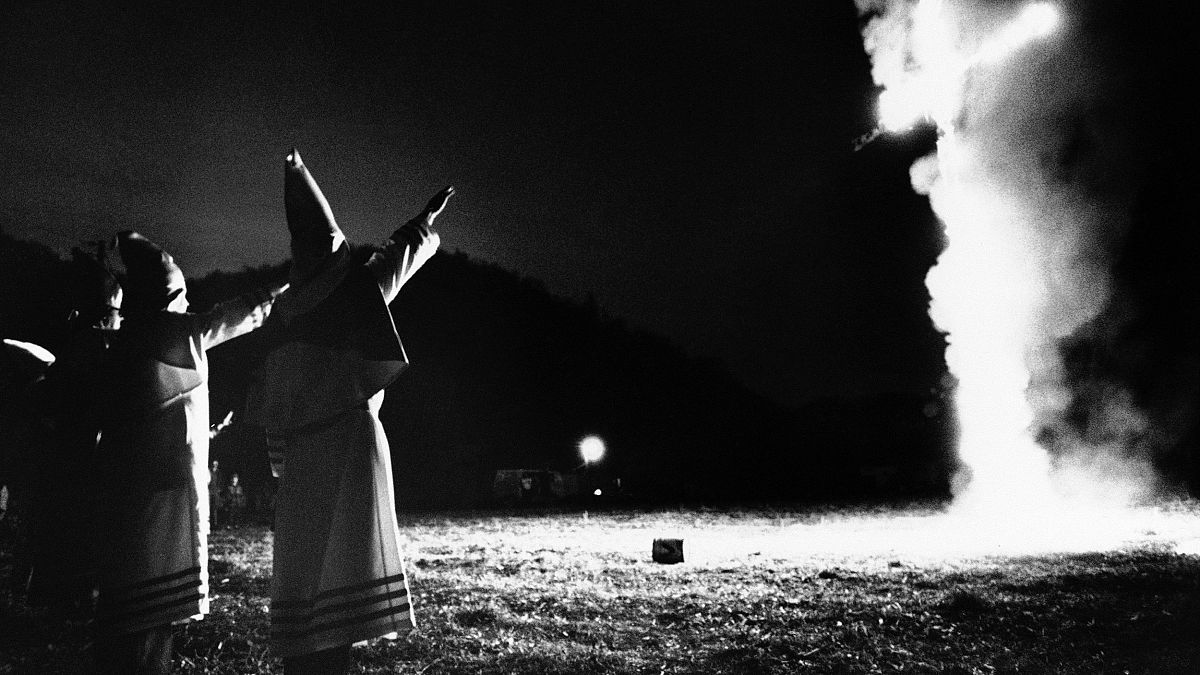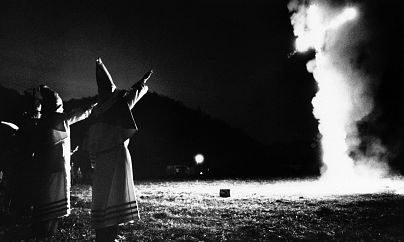50 years after Martin Luther King Jr.'s death, America must confront a brutal reality: The analogy of the long and imperceptibly trending line of progress is wrong.
"The arc of the moral universe is long, but it bends towards justice."
Like a number of Dr. Martin Luther King Jr.'s most famous pronouncements, that proclamation was, itself, a quotation. And yet, it was King who popularized it, and before I knew it was a citation from a 19th century clergyman, it had always been my favorite King quote. I'm not alone. President Barack Obama pointed to it as one of his favorites as well, repeatedly working it into speeches. He even had it woven into a rug in the Oval Office.
The claim expresses a specific kind of informed optimism, an eyes-wide-open faith in humanity. Obviously, there is evil and trial and tragedy and hatred all around us and yet good, ultimately, does prevail. In the same way you can't tell the earth is round as you walk on it, the trajectory of history is imperceptible as we struggle through it; but rest assured its contours are there.
The idea is that the story of the United States is a story of progress, often painful or slow and sometimes stalled but always moving in one direction: towards equality and a more perfect union.
This concept also fits nicely with a more general story about American progress we like to tell ourselves, one that Obama was more adept at unspooling than perhaps anyone else ever. The idea is that the story of the United States is a story of progress, often painful or slow and sometimes stalled but always moving in one direction: towards equality and a more perfect union. Slavery is conquered at Appomattox, then followed by the evils of Jim Crow, which are conquered by King and the civil rights movement, followed by an era that leads to the first black president.
But this story, and the analogy of the long imperceptibly trending line of progress, is wrong. It does not allow for what is perhaps the most significant feature of the story of racial justice in America: backlash and backwards movement. And 50 years after King's death, that's the most brutal reality we must confront.
For 100 years, the high-water mark of African-American political power and liberty was federal Reconstruction policies in the decade following the Civil War. The South Carolina legislature's lower house was majority black for several years, something that has never happened in any other state since. But what happened after Reconstruction was a concerted effort of white supremacist terrorism, violence and reaction that choked off equality and reasserted white rule in the South. The moral arc of the universe during that time didn't just flatten, it actually bent in the other direction — and sharply so.
As we survey the empirical measures of racial integration and racial equality in the past half century, one can make the argument that what followed King's death was a period of backlash and retrenchment .
It wouldn't be the last time. As we survey the empirical measures of racial integration and racial equality in the past half century, one can make the argument that what followed King's death was a period of backlash and retrenchment perhaps less violent than what came after Reconstruction, but that unmistakably erased many of the gains of the movement King helped lead.
To wit: School segregation declined for decades and then sharply reversed, so that schools in all regions have been getting more segregated. In the South, the percentage of black students in majority white schools was 23 percent in 1968, rose to 44 percent in 1991 and by 2015 was back down to 23 percent. Meanwhile, the wealth gap between black and white families has exploded and the inequality gap between whites and blacks has also increased or held steady in everything from infant mortality to homeownership.
All of this is the result of a political movement that has existed since the country's founding, whose power waxes and wanes, but endures — always endures. That is the movement to preserve American racial hierarchy and white supremacy. It has gone by different names at different times, but it has not ceased to alter the trajectory of American history.
More apt, perhaps, than the metaphor of the moral arc is the idea that American life exists on a planet whose very gravity is white supremacy. It does not mean this obstacle cannot be overcome, that we cannot build skyscrapers or launch ourselves into flight, but those are achievements are only brought to fruition through sustained effort, organizing, intention and struggle.
Nothing bends towards justice without us bending it.
Chris Hayes hosts "All In with Chris Hayes"at 8 p.m. ET Monday through Friday on MSNBC and editor-at-large at The Nation. Hayes is a former fellow at Harvard University's Edmond J. Safra Foundation Center for Ethics and was a Bernard Schwartz Fellow at the New America Foundation. His latest book is "A Colony in a Nation" (W. W. Norton).

